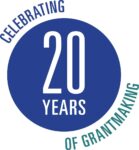Fill your Summer with a Little Sport and Adventure
When the sun is shining, there really is no better time to get outside and enjoy all that the season has to offer. Maybe try a sport or hobby you have only dreamed about. With so many opportunities for adaptive athletics across North America that are focused on the outdoors, there has never been a more exciting time to join a team or find a community group to inspire the adventurer in you!
At the Neilsen Foundation, our Creating Opportunity & Independence (CO&I) portfolio works with nonprofit organizations that run exceptional programs geared towards providing people with spinal cord injury (SCI) access to outdoor activities. When summer calls, most people love the idea of getting outside—maybe establishing a fitness goal or meeting new friends. Sports and recreation projects have always been a big part of CO&I, and this year more than a quarter of all the applications received come from organizations that provide opportunities to connect with the great outdoors.
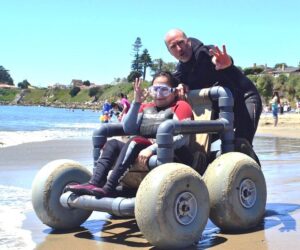
If you are looking for fun this summer, from the East Coast to the West Coast, there are programs to fit every personality and skill level.
In upstate New York, Sunnyview Rehabilitation Hospital’s Adapted for Action program offers hiking and golf, and South Carolina Spinal Cord Injury Association provides yoga and wellness sessions. There’s ziplining, swimming, and track and field for the whole family at Georgia’s BlazeSports, and workouts with the United States Rugby Association in Alabama.
Team sports like softball and football are up for grabs at Midwest Adaptive Sports in Missouri, and, in Colorado, Breckenridge Outdoor Education Center offers camping, rafting, and the experience of life among the trees with one of the only fully wheelchair-accessible high ropes courses in the world. Individuals with SCI can enjoy life on the water with the first adaptive sailing program in Canada—The Disabled Sailing Association of British Columbia, and, if you have a passion for the sea, there’s Shared Adventures’ upcoming annual A Day at the Beach event in Santa Cruz, California.
Engaging within your community in an active way is so much more than just trying something new; it can also help reduce anxiety and boost wellness. Breckenridge’s Development Director Hallie Jaeger insists access to outdoor recreation and “finding a sense of community in nature” can lead to improved wellbeing. “The sense of joy, connectedness, awe, and self-accomplishment…is very difficult to put into words,” she explains. The Neilsen Foundation is proud to celebrate our grantee partners’ commitment to motivating people and prioritizing their wellbeing.
We acknowledge it might be tough for individuals recovering from a traumatic injury to think of a return to activities that now feel out of reach. We applaud the courage it takes to push your comfort zone, and the efforts of program leaders, peer mentors, and volunteers, who provide the encouragement that makes participation so much fun! So, go outside and enjoy the day!
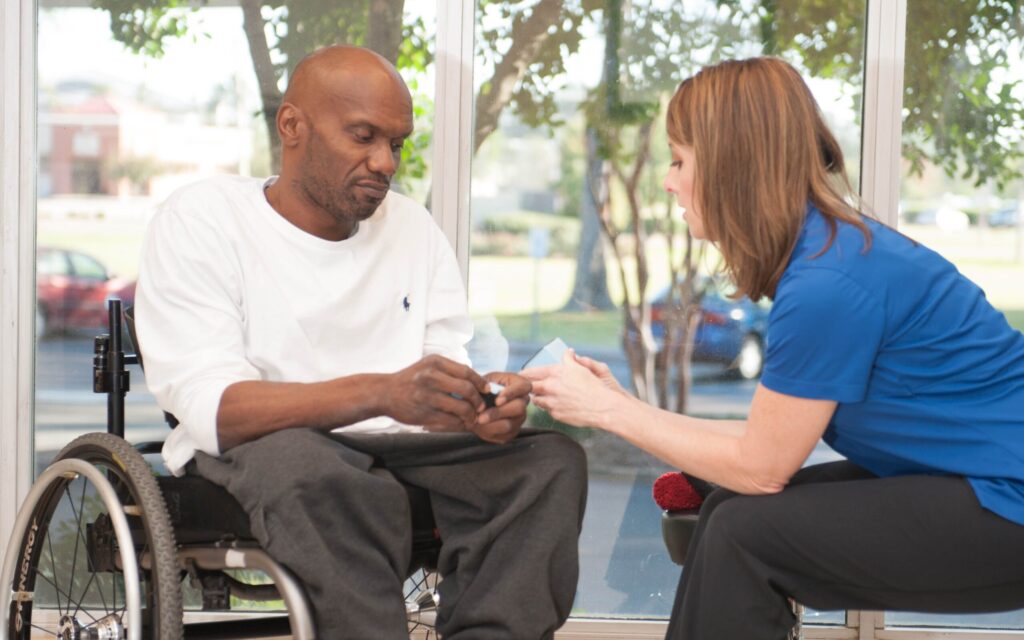 The Psychosocial Research (PSR) portfolio supports science that explores the intersection of social, psychological, and behavioral consequences of spinal cord injury (SCI). These factors affect quality of life, but few researchers have focused on this area. Our partner grantees are looking at the whole person, identifying ways to ease an individual’s transition back into daily life in an unfamiliar body. They consider people’s changing psychological needs and how to make sense of them, listening to how individuals want to live, and developing new tools and therapies to help them achieve their goals.
The Psychosocial Research (PSR) portfolio supports science that explores the intersection of social, psychological, and behavioral consequences of spinal cord injury (SCI). These factors affect quality of life, but few researchers have focused on this area. Our partner grantees are looking at the whole person, identifying ways to ease an individual’s transition back into daily life in an unfamiliar body. They consider people’s changing psychological needs and how to make sense of them, listening to how individuals want to live, and developing new tools and therapies to help them achieve their goals.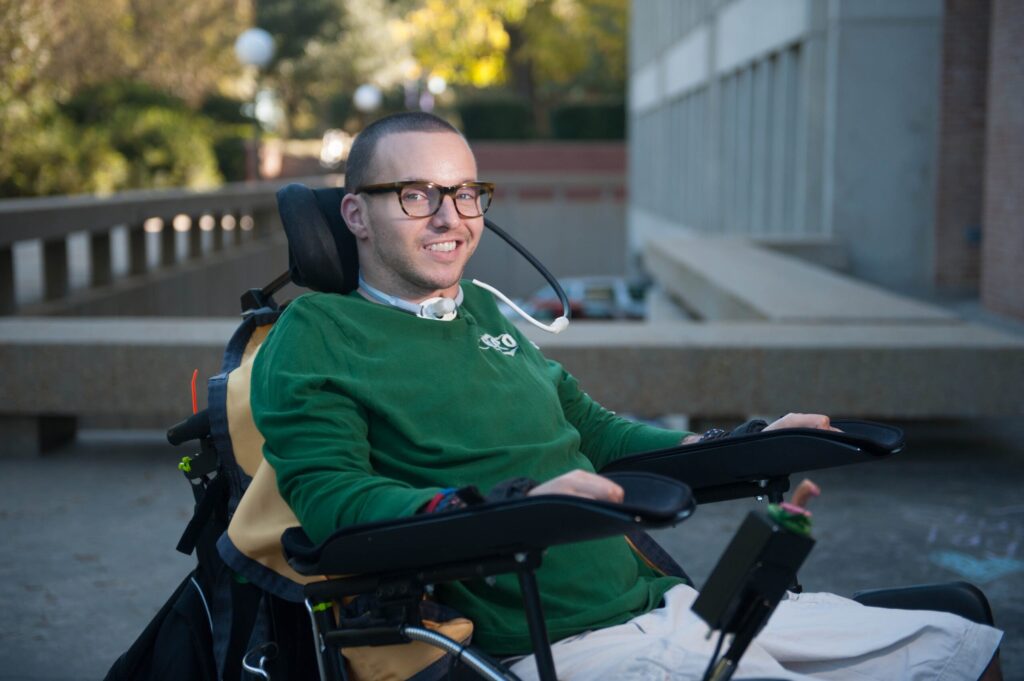 Because of this mismatch, we wanted to attract more focus to the issue. In March 2017, the Neilsen Foundation convened a three-day workshop with the goal of identifying key issues surrounding bowel and bladder dysfunction and developing strategies for boosting research efforts. We stepped in to provide some leadership, asking researchers and physicians, as well as people with SCI to identify the most urgent issues and imagine what could be done within 10 years.
Because of this mismatch, we wanted to attract more focus to the issue. In March 2017, the Neilsen Foundation convened a three-day workshop with the goal of identifying key issues surrounding bowel and bladder dysfunction and developing strategies for boosting research efforts. We stepped in to provide some leadership, asking researchers and physicians, as well as people with SCI to identify the most urgent issues and imagine what could be done within 10 years.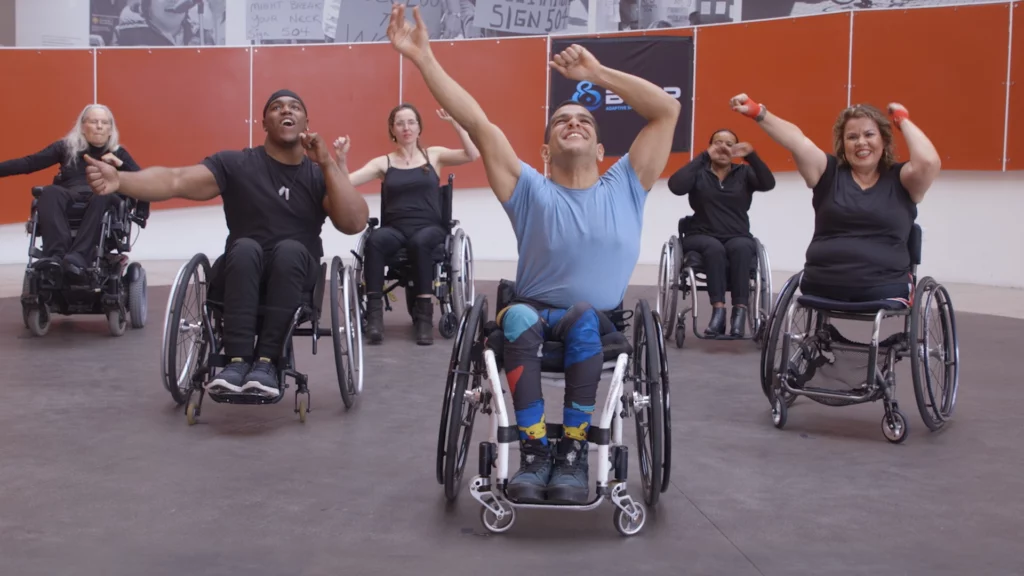

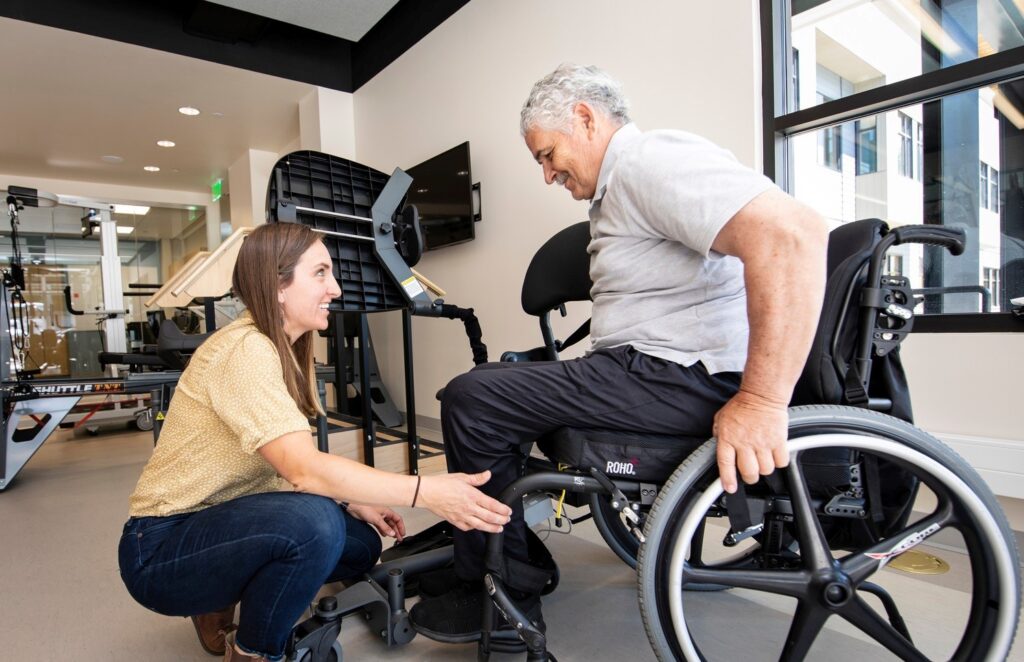 That support is so important. In the months following a traumatic injury, care can be needed 24/7. People who take on this critical role for newly dependent loved ones face a steep learning curve, and finding time to give the needed personal and medical care can force a rethink about careers to provide around-the-clock assistance.
That support is so important. In the months following a traumatic injury, care can be needed 24/7. People who take on this critical role for newly dependent loved ones face a steep learning curve, and finding time to give the needed personal and medical care can force a rethink about careers to provide around-the-clock assistance.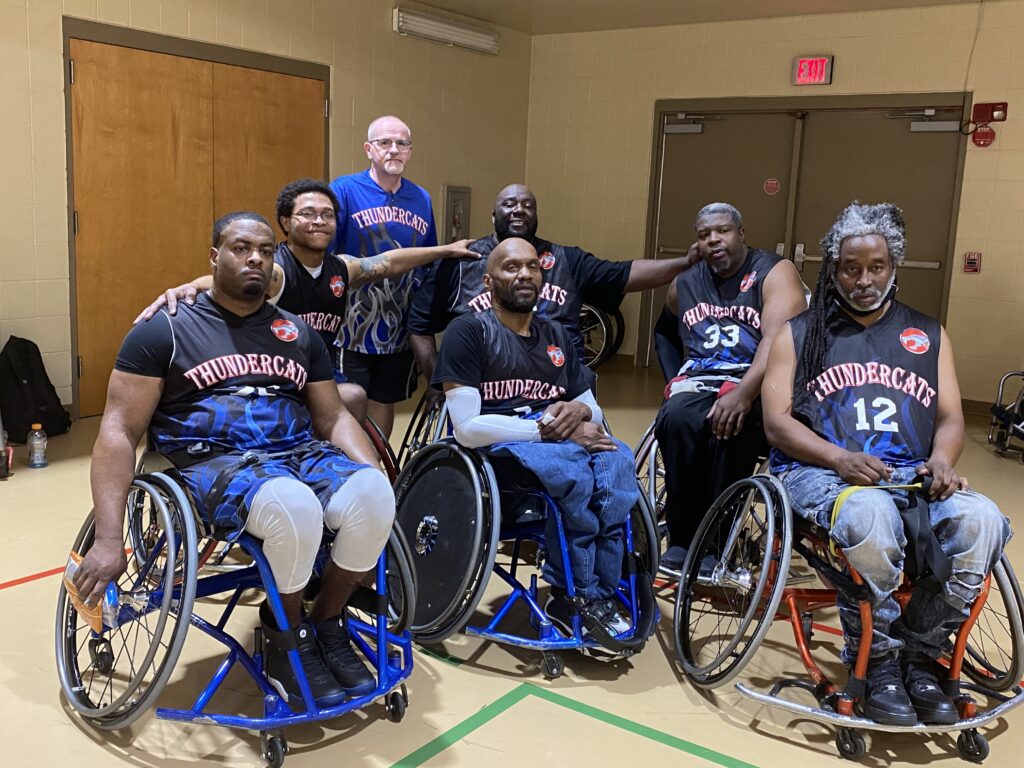 Spinal cord injury profoundly changes life and accessing resources is hard—no matter how old you are, where you live, or the color of your skin. The Neilsen Foundation’s commitment to supporting smaller, grassroots organizations, or those located in a town outside an urban center, acknowledges the need to fill gaps in support across the spinal cord injury (SCI) community. Guided by passionate advocates, collaborative program staff, and expert advisors, bigger doesn’t always mean better.
Spinal cord injury profoundly changes life and accessing resources is hard—no matter how old you are, where you live, or the color of your skin. The Neilsen Foundation’s commitment to supporting smaller, grassroots organizations, or those located in a town outside an urban center, acknowledges the need to fill gaps in support across the spinal cord injury (SCI) community. Guided by passionate advocates, collaborative program staff, and expert advisors, bigger doesn’t always mean better.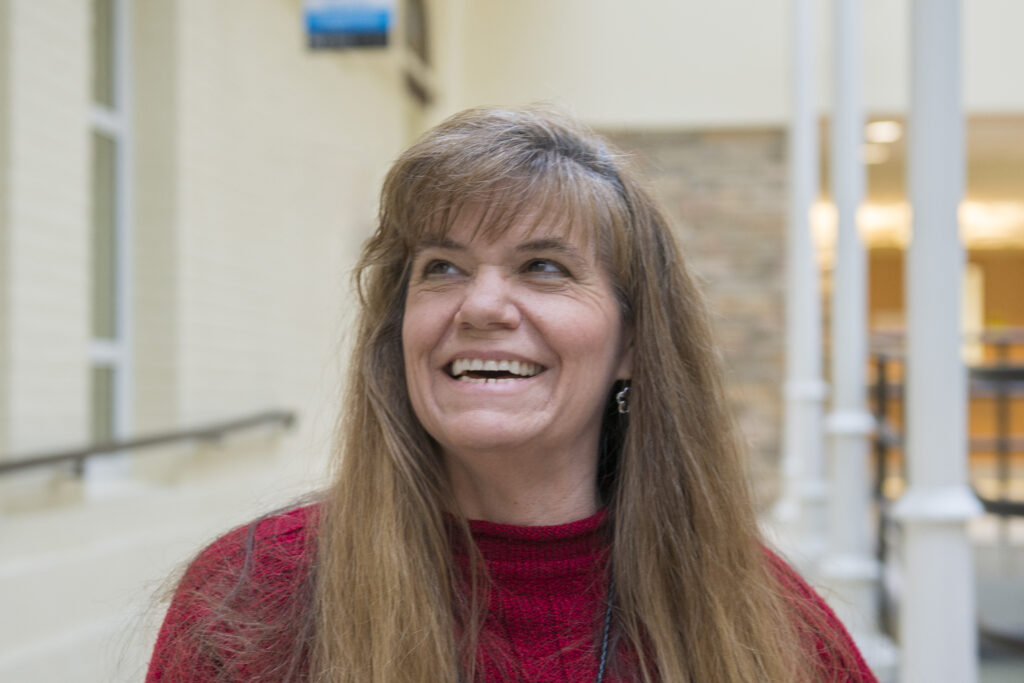
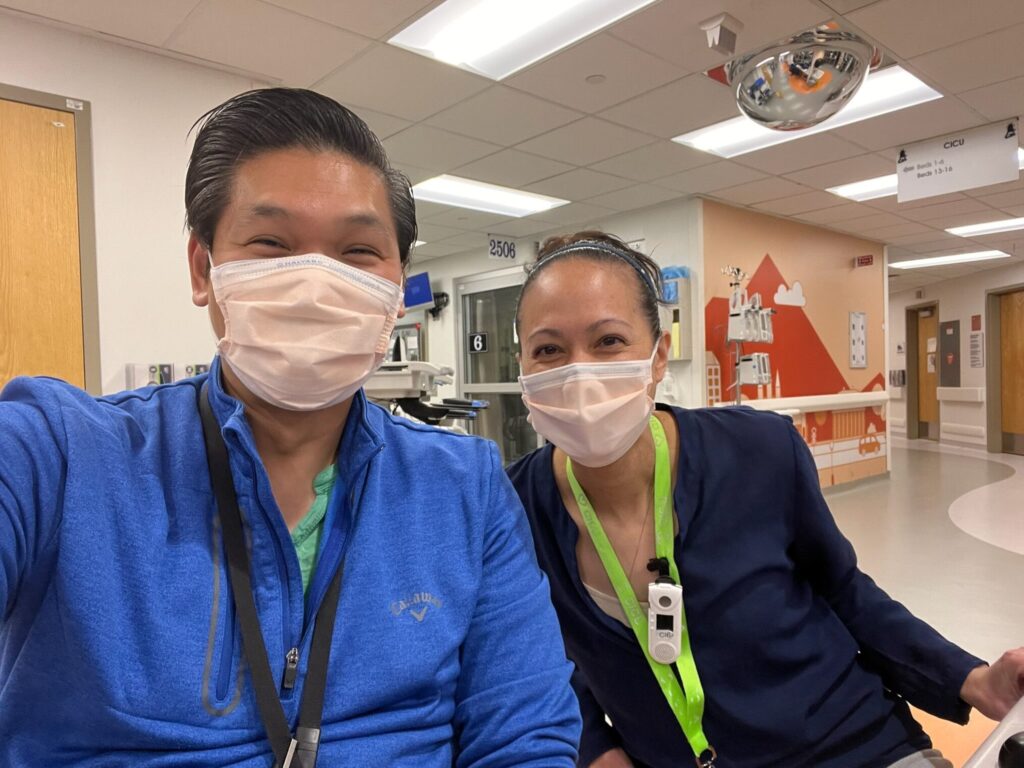 These grants support fellows the institutions recruit and ensure funds are available to maintain the SCI rehabilitation residency programs. To date, the portfolio has supported 110 residency fellows by partnering with 17 sites to ensure that early-career physicians are provided opportunities to receive this highly specialized training and the tools they need to properly care for people with SCI.
These grants support fellows the institutions recruit and ensure funds are available to maintain the SCI rehabilitation residency programs. To date, the portfolio has supported 110 residency fellows by partnering with 17 sites to ensure that early-career physicians are provided opportunities to receive this highly specialized training and the tools they need to properly care for people with SCI.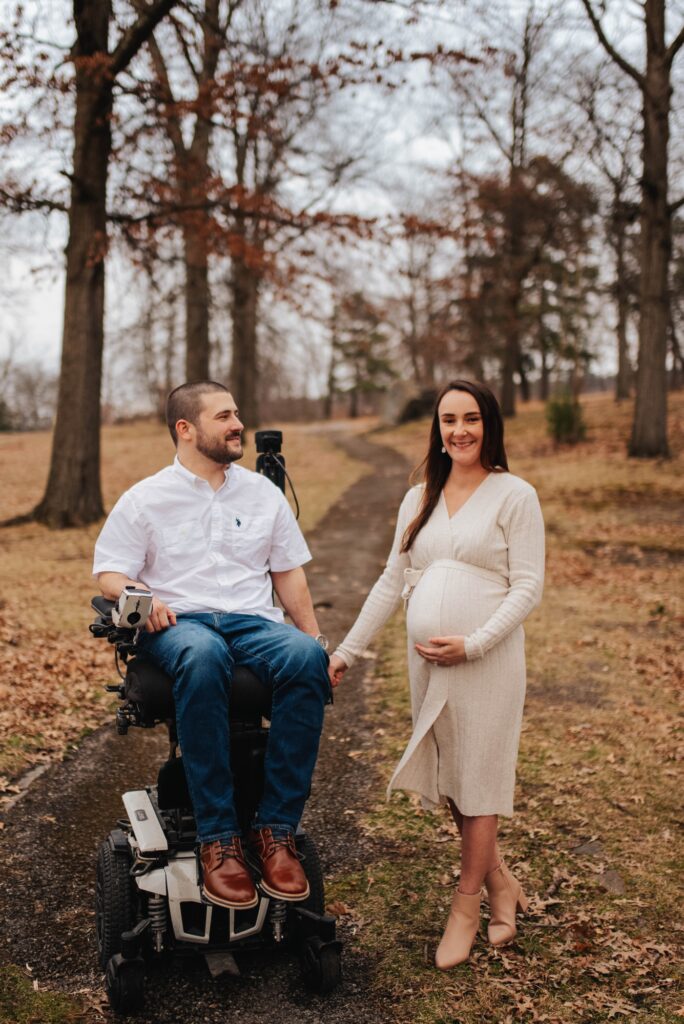 Love is in the air and Valentine’s Day is an annual reminder for us to celebrate romance, friendship, connection, admiration, sexuality, and reproductive wellbeing— none of which end with a spinal cord injury (SCI).
Love is in the air and Valentine’s Day is an annual reminder for us to celebrate romance, friendship, connection, admiration, sexuality, and reproductive wellbeing— none of which end with a spinal cord injury (SCI).